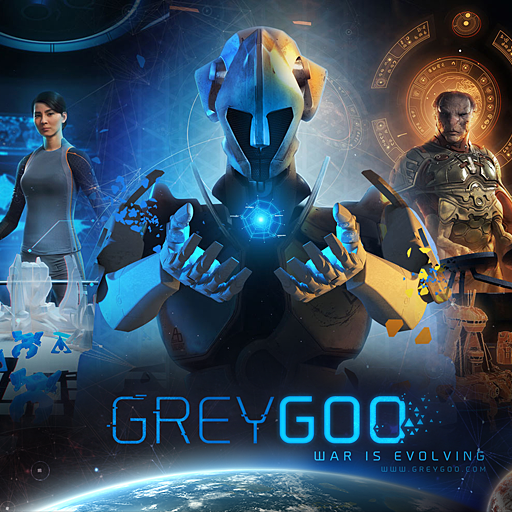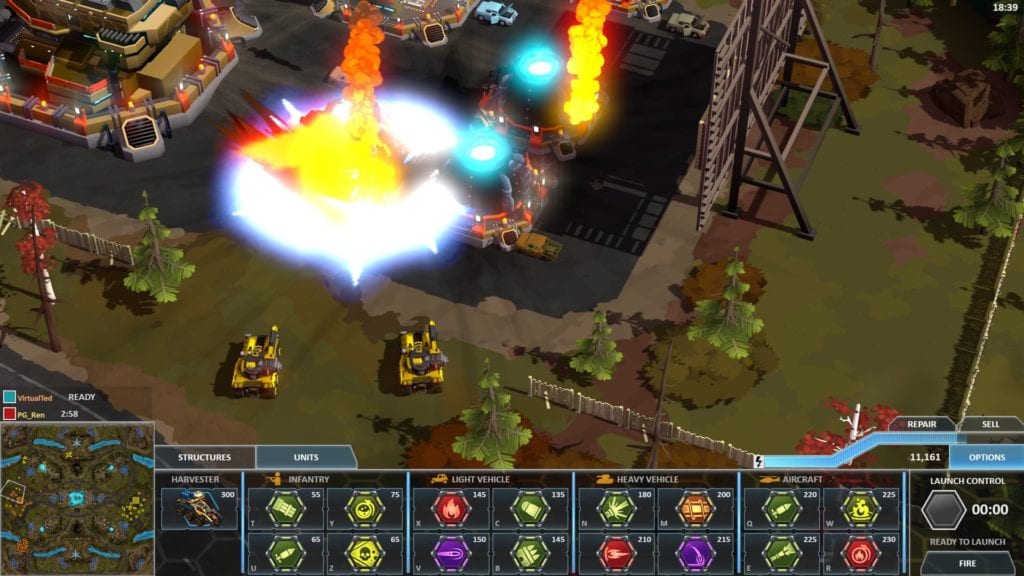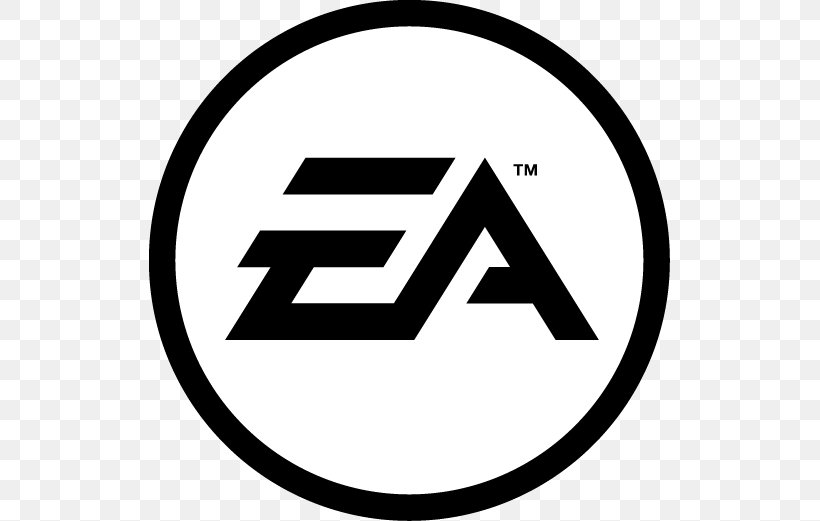Hello,
This is a post where I describe my experiences working on this 2022 Capstone project dev team at College of DuPage. It's been interesting working with a large group for a single project. It in generally seemed a bit hard for visions to stay consistent with each meet people having varying opinions to the decisions being made. I started with jazz music and I think most members didn't really like and just kept messing with those and now I just clip audio tracks in to somewhat loop-able segments for playback in-game.
I also made a decision to be outside my field, working with audio as my background ins in computer programming, but it doesn't help much as I don't use Unreal 4 which was decided to be the platform for development. It also didn't help with immediacy of collaboration as the project is uploaded and then downloaded through the use of a google drive which was more inconvenient for agile iteration when people working on different things can't really iterate the project efficiently. Same for messing with assets as they are turned into some unreal format that is then used in the project so it's not exactly a way drag n drop to update assets.
At the same time I feel that I let the team down and didn't try more communication, but that was also due to our life schedules where we also had many who were not available except for a day or two in the week for feedback and updates. And didn't make progress in my opinion in the audio front with clipping audio from pre-made songs for our level soundtracks and lack of skill with audio tools that can make audio and not tweaking existing sounds. We still worked things out but I felt that we lacked productivity and teamwork. We still made communications over discord group voice chat and streams, but we got bogged down waiting on builds for be completed and having an easy to access master file/repository that wasn't alot of copy paste and downloading, were we all could easily access new assets and scripts easily.
Same could be said of myself for not bringing it up or speaking up, it may have made a difference early on.
Still it's been a great experience that helps highlight aspects of teamwork that is needed for a project to be developed in a more easier and productive manner to all team members. Next time make sure we got the tools and time for make the most efficient use of our development time bv cutting down on the waiting to get a build that we all can access and mess around with without different build possible not able to be integrated together easily







